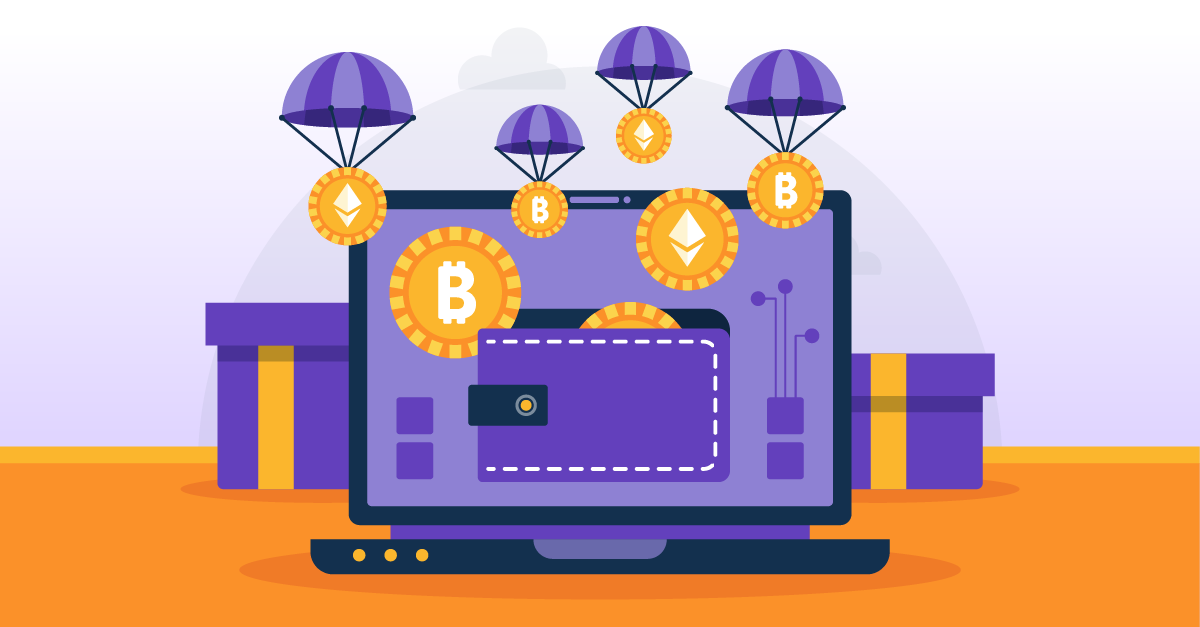Digital Currency – What Are We Waiting For?
While digital payments dominate modern economies, true digital currencies have yet to enter the mainstream. Why the delay and what would be the pros and cons?
Digital payments may make up most of our transactions, but the currencies we use are not, strictly speaking, digital. When you send a Venmo payment or pay a bill online, you’re still trading in traditional currency. “Real” digital currencies — or Central Bank Digital Currencies (CBDCs) — have been much talked about and piloted, but so far there has been no major adoption, even as cryptocurrencies boomed (and busted).
So, why are people hesitant to dive into CBDCs even as the rest of the world gets more and more digital every day? Read on to find out.
What is a CBDC?
Let’s start by answering the obvious question: How is a digital currency different from a conventional currency? Conventional currencies always have a physical counterpart somewhere - even if they are increasingly used to make digital payments - while digital currencies never take physical form. For instance, if you wanted to take money out of an ATM from a digital currency account, you would first have to convert it into conventional currency.
Forbes reports, “More than 100 countries are exploring CBDCs at one level or another, according to the IMF. But as of 2022, only a handful of countries and territories have CBDC or have concrete plans to issue them.” Essentially, CBDC would operate like cash, or the electronic currencies most people are already familiar with. As a legal tender, all economic actors would have to accept it.
CBDCs - the early movers
Governments across the globe are in various stages of exploring their CBDC options. According to Forbes, the Central Bank of The Bahamas (Sand Dollar), the Eastern Caribbean Central Bank (DCash), the Central Bank of Nigeria (e-Naira), and the Bank of Jamaica (JamDex) all have their own CBDCs. India launched the E-Rupee pilot in 2022. China launched a pilot program back in 2014 that still hasn’t gone quite mainstream. The World Economic Forum also reports that “The European Central Bank is tasked with securing the nuts and bolts of the digital euro, which it says could complement cash and be launched as soon as 2027.”
Still, the benefits of using a CBDC instead of swiping a debit card or transferring Euros via PayPal remain unclear, at least for end users — and that’s part of the challenge. Asking people to trust a new form of currency that is not demonstrably different from what they already use is a hard sell.
The advantages of using a CBDC
During a press conference, Valdis Dombrovskis, the European Commission's Executive Vice-President said, "With the digital euro, people will be able to pay in ‘public money’. Uniquely, they will be able to pay both online and offline." Of course, people who use the money currently in their bank accounts to pay online and offline every day may still be confused.
When CBDC enthusiasts talk about the benefits of this particular kind of digital currency, a few talking points usually come up. According to Forbes:
- Transferring CBDC would be faster than ACH or wire transfers.
- While international currency transactions are often expensive, proponents say CBDC could disrupt this market and force fees down.
- No more waiting for transfers over the weekend, digital currency transactions work at the same speed all day every day.
- Proponents say un- and underbanked people could access their money and pay their bills without paying extra fees.
- A CBDC could enable governments to send payments like tax refunds, child benefits, and food stamps to people instantly, rather than mailing a check or debit card. (Though direct deposit is also often an option for some of these needs, especially tax refunds.)
Libra - a cautionary tale
If the cryptocurrency scandals are not enough to scare off CBDC enthusiasts, there are other cautionary tales to take into consideration. For instance, Meta had lofty goals for Libra Coin, a cryptocurrency that would let people move money across borders easily and help the unbanked. As DAILYCOIN reports, “From day one, Libra was met with a wall of skepticism and resistance, not just from the public but from regulators and governments worldwide. The idea of a social media company, already under fire for privacy concerns, controlling a global currency raised more than a few eyebrows.”
Privacy concerns and conspiracy theories
Of course, in the case of a CBDC, a central bank would be the issuer, but many of the concerns remain the same. As Andy Haldane wrote, in The Financial Times (FT), after seeing anti-CBDC messaging across the U.K., “... the social issues raised by CBDCs are without question real. This includes concerns about the privacy of the currency and about retaining access to cash for those who neither want nor can access CBDC. There are also those who fear deposits might flee from commercial banks to the safe haven of CBDC at the first whiff of financial grapeshot.”
Haldane goes on to explain that concerns about financial stability have urged CBDC proponents “to conclude that [CBDC] should pay no interest, since doing so would tend to add to the attraction, and increase the liquidity pressures on banks under duress.” Why anyone would then choose to keep large amounts of money in CBDC-form, unless they had to, is a mystery.
Meanwhile, in the U.S., CBDC has gotten caught up in the culture wars, thanks to Florida governor, Ron DeSantis, who has threatened to ban them. Why? According to FT, some see CBDC as “a tool designed by global elites and the World Economic Forum to destroy freedom, part of the same conspiracy milieu as vaccines and climate policy.”
Watch this space
Despite objections, CBDCs are not likely to go away, if for no other reason than “to preserve the role of central bank money as a stabilizing force at the heart of the payments system and to safeguard monetary sovereignty,” as Fabio Panetta, Member of the Executive Board of the ECB, said in a panel discussion at the US Monetary Policy Forum.
The biggest question is where and when will we see the first large-scale CBDC implementation. The smart money is on China, which already has the platform and the political will to make it happen sooner rather than later.

